Judo vs BJJ? Of course Judo! Judo is better!
Share

Welcome to Judoshop.com, the premier destination for judo enthusiasts worldwide. Here, we cater to beginners and veterans in the judo world with various products that celebrate this noble martial art.
This article delves into a much-debated topic in the martial arts community: the comparison between Judo and Brazilian Jiu-Jitsu (BJJ).
Both disciplines have rich histories and offer unique approaches to self-defence and sport, making them fascinating subjects for comparison.
The Origins and Development
Judo, meaning "the gentle way," is a martial art developed in Japan in 1882 by Jigoro Kano. It evolved from the ancient art of jujutsu, focusing on throws and grappling.
Judo is a sport and a philosophy emphasizing flexibility, efficiency, and moral development. Brazilian Jiu-Jitsu, on the other hand, evolved from Judo.
Mitsuyo Maeda, a judoka, brought the art to Brazil, where it was adapted and evolved, focusing more on ground fighting and submission.
Understanding Judo
In Judo, the emphasis is on throwing techniques and groundwork, aiming to subdue the opponent with minimal effort. Key principles include flexibility, balance, and the efficient use of energy.
A perfect example is the Uchi Mata technique, a classic judo throw demonstrated on our Judo T-Shirt Uchi Mata Evolution.
Another vital aspect of Judo is the Harai Goshi, a sweeping hip throw, which you can find depicted on our Judo T-Shirt Harai Goshi Progress Bar.
Judo's popularity has led to its inclusion in the Olympics, making it a globally recognized sport.
Exploring BJJ
BJJ expanded Judo's groundwork aspect, creating an art form that heavily emphasizes submission holds, joint locks, and chokeholds.
In BJJ, the fight often goes to the ground, with practitioners using technique and leverage to control and defeat larger, stronger opponents.
This focus on ground techniques distinguishes BJJ from Judo, although the two share a common lineage.
Judo vs BJJ: Key Differences
The comparison between Judo and Brazilian Jiu-Jitsu lies in their techniques, competition rules, and training focus. Let's explore these differences in more detail:
Techniques and Focus:
- Judo: Primarily focuses on throwing and pinning techniques. The objective is to throw the opponent to the ground and control them, using their attack force against them.
- BJJ: Concentrates on ground fighting and submission. It involves gaining a dominant position on the ground and using joint locks or chokeholds to force an opponent to submit.
Competition Rules:
- Judo: Matches are won using a point system with categories like Ippon, Waza-ari, and Yuko. Scoring an Ippon, a perfect throw, immediately wins the match.
- BJJ: Points are awarded for achieving certain positions and controls. Matches can also be won by submission, where the opponent taps out.
Training and Philosophy:
- Judo: Emphasizes the concept of 'maximum efficiency, minimum effort' and moral development. It's practised as both a sport and a way to improve oneself.
- BJJ: Stresses practicality in self-defence situations and the concept of 'position before submission,' emphasizing control over an opponent
Here is a visual comparison between Judo and Brazilian Jiu-Jitsu (BJJ) across various aspects. Each aspect is rated out of 10, providing a comparative view of how each martial art fares in areas like technique focus, training philosophy, competition style, self-defense, and equipment.

Cultural and Philosophical Differences
Culturally, Judo and BJJ carry distinct philosophies. Judo, rooted in Japanese tradition, places a high value on respect, discipline, and personal growth.
With its origins in Brazil, BJJ often showcases a more relaxed and informal approach, reflecting the Brazilian culture's warm and open nature.
For instance, in Judo, bowing and strict adherence to dojo etiquette are integral parts of training, reflecting deep-seated respect for the art, the sensei, and fellow judokas.
In contrast, BJJ training environments are often more informal, focusing on camaraderie and practical application.
Clothing and Equipment in Judo and BJJ
While similar, the attire worn in Judo and BJJ has some key differences. In Judo, practitioners wear a judogi, usually heavier and more durable, designed to withstand the pulling and gripping that characterize Judo techniques.
For instance, the Judo T-Shirt Seoi Nage Press Here illustrates the robustness needed in Judo attire. In BJJ, the kimono is typically lighter and more flexible, allowing for a greater range of movement, essential for ground fighting and submission techniques.
The Role of Judo and BJJ in Self-Defense
Both Judo and BJJ are effective for self-defence, but their approaches differ:
-
Judo: It teaches practitioners to use an attacker's force against them, effectively neutralizing threats without causing significant harm.
-
BJJ: Focuses on controlling an attacker on the ground, making it useful when one needs to subdue an opponent without striking.
Choosing Between Judo and BJJ Deciding whether to practice Judo or BJJ depends on personal preferences and goals. Here are factors to consider when making your choice:
-
Physical Preferences: If you prefer standing techniques and throws, Judo might be more appealing. BJJ is the way to go for those interested in groundwork and submissions.
-
Fitness Goals: Judo can offer more dynamic movements and can be more aerobic, while BJJ often involves longer more strategic ground engagements.
-
Self-Defense Aspects: Consider which self-defence style resonates more with you. Judo's throwing techniques are effective in standing confrontations, while BJJ's ground control can be crucial in close-quarters defence.
-
Cultural and Philosophical Alignment: Reflect on which art's philosophy and culture align more with your personal beliefs and values.
Let's look at a specific example from Judoshop.com's collection that represents the essence of Judo: the Judo T-Shirt Tomoe Nage Press Here.
This shirt captures the spirit of a classic Judo move and symbolizes the art's dynamic nature and emphasis on skilful execution.
Conclusion
In conclusion, both Judo and BJJ offer unique and enriching experiences. They provide not just physical training but also impart life lessons and philosophies that can be transformative.
Whether you choose Judo for its standing techniques and traditional ethos or BJJ for its ground-focused approach and informal culture, both paths lead to growth, fitness, and self-discovery.
We encourage our readers to explore both arts to truly understand what they offer and find the one that resonates most with their journey in martial arts.
Embracing the Martial Arts Journey with Judoshop.com
As we conclude our exploration of Judo and BJJ, remember that the journey in martial arts is deeply personal and incredibly rewarding. Judoshop.com is dedicated to supporting this journey, offering a range of products that reflect the spirit and tradition of these arts.
From detailed instructional resources to themed apparel, our selection is designed to inspire and facilitate your martial arts journey, whether you're a judoka or a BJJ practitioner.
Final Thoughts and Recommendations
Ultimately, the choice between Judo and BJJ should be guided by your goals, interests, and philosophy towards martial arts. Judo is better for self-defence because judokas are more effective for fighting standing. Both disciplines offer unique benefits and challenges, and exploring both can provide a well-rounded understanding and appreciation of martial arts.
We invite you to visit Judoshop.com to find apparel, equipment, and resources that resonate with your martial arts path. Embrace the discipline, respect, and continuous learning that Judo and BJJ teach, and enjoy every step of your martial arts journey.
Connect with Us For more information and insights or to share your martial arts experiences, connect with us at Judoshop.com. We are always eager to hear from fellow martial arts enthusiasts and are here to support your journey with high-quality products and valuable insights. Visit our Contact page to contact us.
Related Posts
-
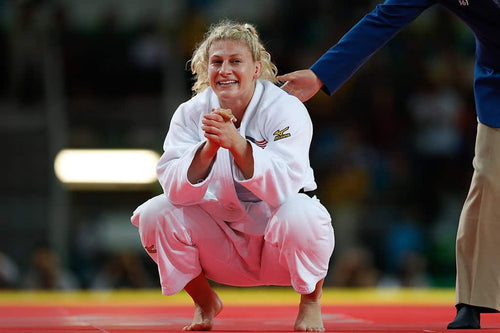
Kayla Harrison's Judo Journey - Judo Champion Turned MMA Powerhouse
Kayla Harrison is a groundbreaking American judoka who made history by becoming the first American woman to win an Ol...
-

Judo Atlanta - List of Judo Clubs in Atlanta area
In Atlanta, you can find excellent judo clubs such as Atlanta Judo Midtown and Black Ice Fitness where you can train...
-
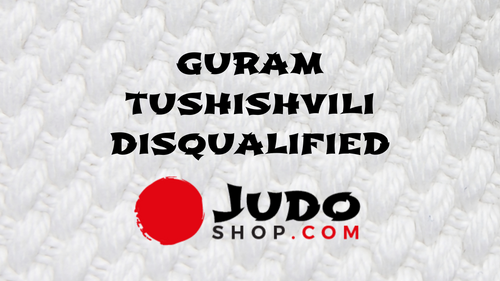
Guram Tushishvili Disqualified - JUDO DRAMA with Teddy Riner
Guram Tushishvili Disqualified - Unsportsmanlike Behavior to French Judoka Teddy Riner Leads to Disqualification fro...
-

Yeldos Smetov - Judoka Profile
Yeldos Smetov, a name synonymous with excellence in judo, has carved out an illustrious career that stands as a beac...
-

Judo Olympics 2024 Results - Gold, Silver, and Bronze Medalists
The Judo Olympics 2024 Results are eagerly anticipated as the Paris Games approach, promising a thrilling display...
-
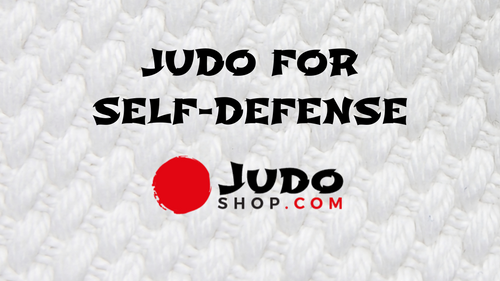
Judo For Self Defense - Here Is Why Is Judo Best For Self-Defense
Judo For Self Defense packs a punch. This martial art, born in Japan, turns attackers' strength against them. No nee...
-
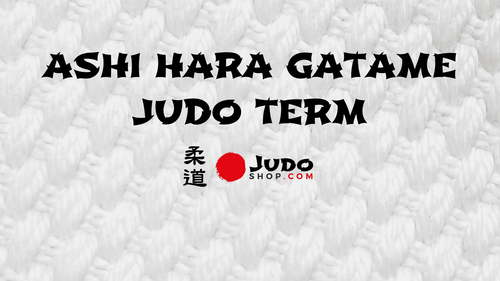
Ashi Hara Gatame - Judo Term Explained
Ashi Hara Gatame is a specialized technique in the martial art of judo, combining leg control, abdominal pressure, a...
-
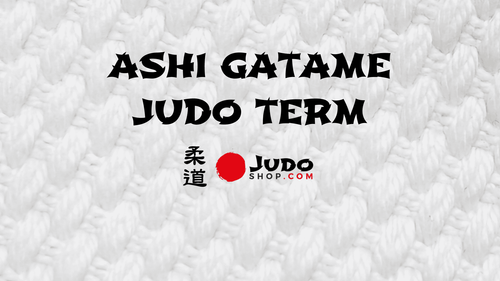
Ashi Gatame - Judo Term Explained
Ashi Gatame is a Judo technique referring to a kansetsu-waza (joint lock) where one uses their legs to immobilise ...
-

Judo Olympics 2024: Highlights, Athletes, and Schedules
Judo Olympics 2024 enthusiasts, mark your calendars! From July 27 to August 3, the Grand Palais Éphémère near the Eif...
-
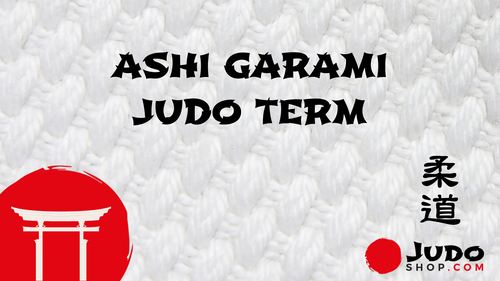
Ashi Garami - Judo Term Explained
What does "Ashi garami" mean in Judo? "Ashi garami" (足緘) is a Japanese term used in Judo that literally translates t...
-
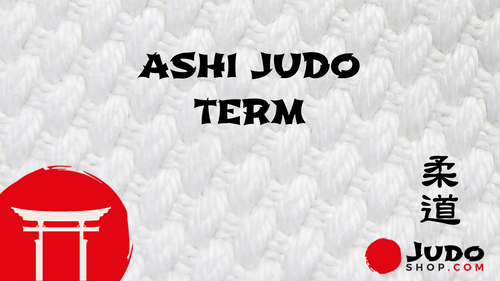
Ashi - Judo Term Explained
Ashi is term in Judo, referring to a leg or foot and category of judo techniques designed to unbalance and throw an ...
-
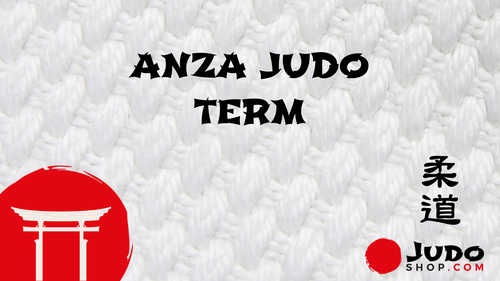
Anza - Judo Term Explained
The term Anza in Judo (安座) embodies a significant practice beyond merely sitting; it signals a deep respect and disc...
-
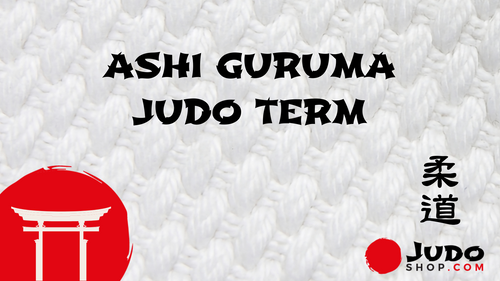
Ashi Guruma - Judo Term Explained
Ashi Guruma is a Judo term rooted in the martial art of Judo, which translates from Japanese as 'leg wheel'. This ju...
-
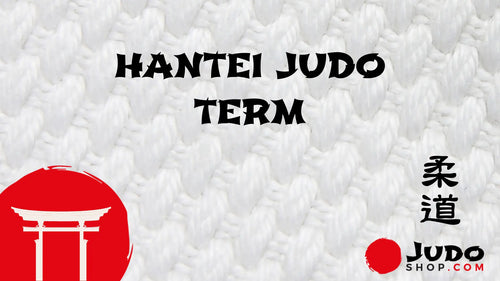
Hantei Judo Term Explanation
Contrary to popular belief, the term 'Hantei' in Judo is not just a simple decision-making process. It holds the p...
-
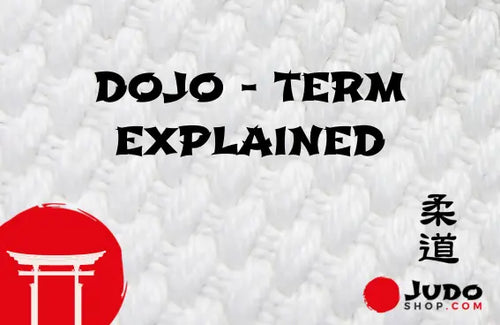
Dojo Meaning (updated 2023)
Dojos, places of immersive learning and meditation, hold great significance in martial arts. Derived from the Japane...
-
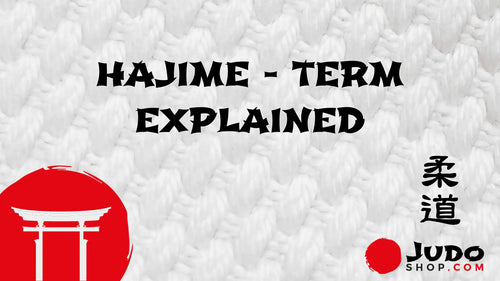
Hajime - Judo Term Explained
Ready to learn about Hajime in judo?It's all about using throws, pins, and joint locks on the mat. With the command ...
-
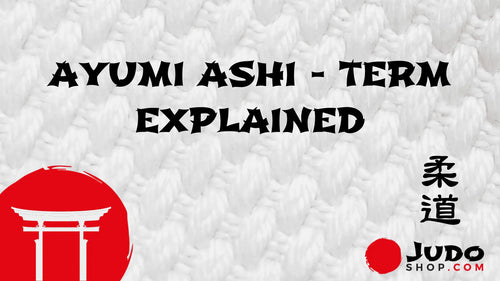
Ayumi Ashi - Judo Foot Work Explained
Are you ready to step into the world of Judo and master the art of Ayumi Ashi - 歩み足? This fundamental footwork techn...
-
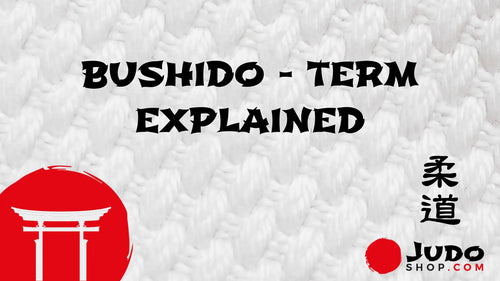
Bushido Explained
Bushido, the traditional code of ethics followed by samurai warriors in feudal Japan, is a subject that fascinates ...
-
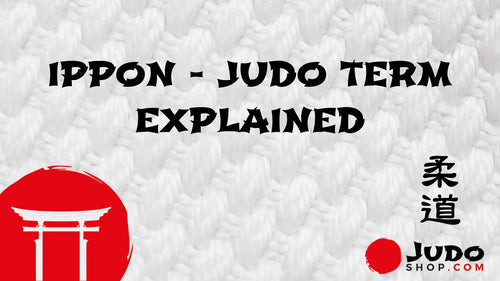
Ippon - Judo Term Explained
Imagine stepping onto the mat and feeling the adrenaline rush through your veins. In the world of judo, one ultimate...
-
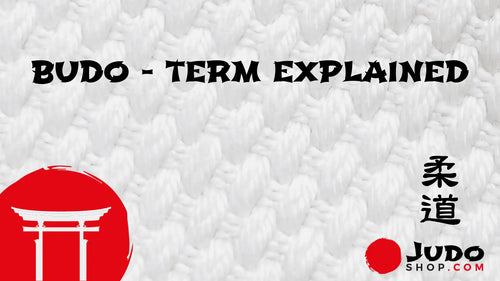
Budo - Term Explained
In a world full of chaos and conflict, one finds solace in the ancient art of budo. Contrary to popular belief, budo...
-
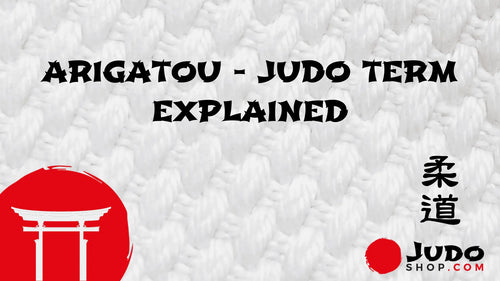
Arigatou - Judo Term Explained
Do you ever wonder about the true meaning behind the Japanese word 'Arigatou'? Well, wonder no more! 'Arigatou' is a...
-
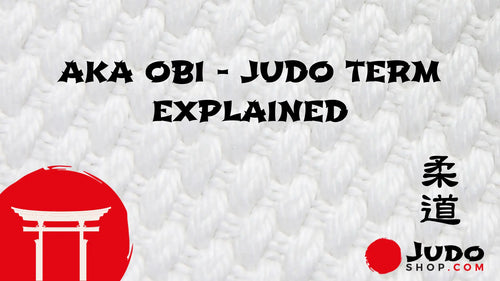
Aka Obi - Judo Term Explained
The aka obi, a red belt worn in Judo, is a prestigious symbol of expertise. Typically reserved for those holding a 9...
-
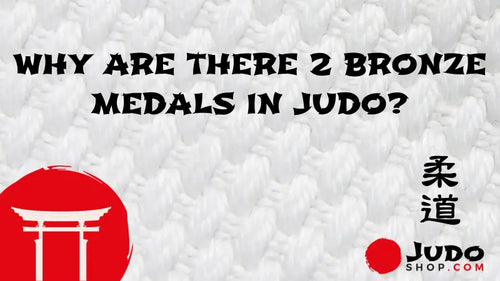
Why Are There 2 Bronze Medals In Judo
Judo is a unique sport that gives two bronze medals in each weight class. Many people wonder why this is done. To fi...
-
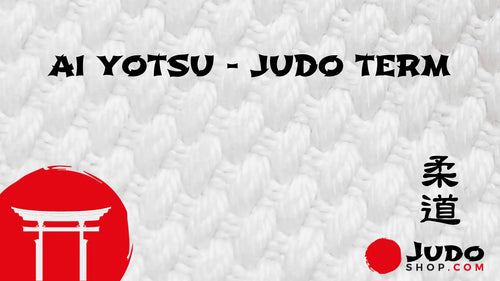
Ai Yotsu - Judo Term Explained
In the world of Judo, a term holds immense significance - Ai Yotsu. This grip, characterized by an intense and intim...
-
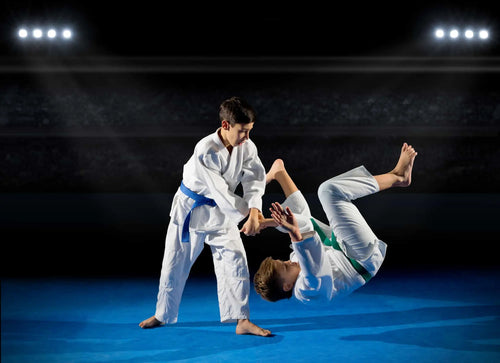
Is Judo Dangerous - Unveiling the Shocking Truths Behind this Ancient Martial Art
With its powerful throws and complex grappling techniques, one might wonder, "Is judo dangerous?" Yes, judo can po...
-

Is Judo The Toughest Sport - Unraveling the Grit and Grace of the Gentle Way
Judo, known as the Gentle Way, may seem like a paradoxical name for a sport, but don't let that fool you. While Ju...
-

Judo Terms - Complete List Of Judo Terms
Judo terms are the foundation of this martial art...
-

English to Japanese Kanji and Hiragana translations
Are you looking for an English to Japanese Kanji translation? Here you can find more than 30 examples of Kanji and ...




























